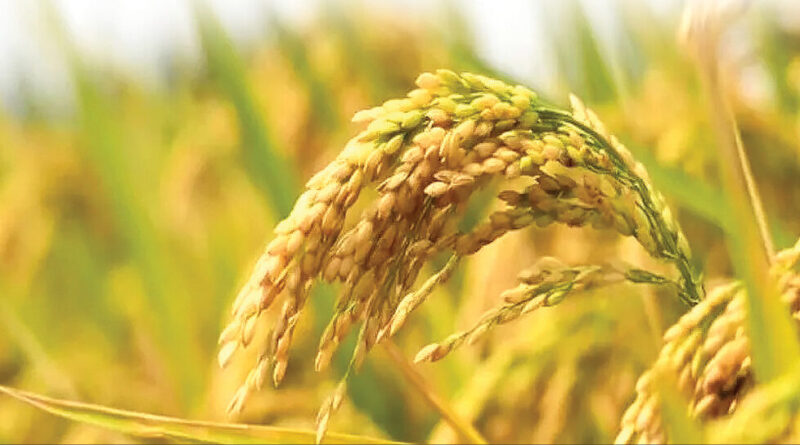IRRI out with ultra-low GI rice, will curb diabetes
To help curb the rising cases of diabetes globally, scientists at the International Rice Research Institute (IRRI), a CGIAR Research Centre, have identified the genes responsible for low and ultra-low glycaemic index (GI) in rice.
This new discovery will be able to convert popular rice varieties into low and ultra-low GI for refined white rice through conventional breeding methods. It will enable high-quality grain without compromising on yield.
This scientific breakthrough comes from a wider South-South collaboration between the IRRI scientists in the IRRI global headquarters hosted by the Philippines government and the IRRI South Asia Regional Centre in Varanasi.
According to IRRI, the first batch of ultra-low GI rice samples, developed from the Samba Mahsuri x IR36ae, was formally presented to Philippine President Ferdinand Marcos Jr at the opening ceremony of the 6th International Rice Congress.
“The discoveries in this Congress will pave the way for greater strides in the rice industry in the Philippines and across the globe,” said President Marcos.

Earlier, the IRRI identified two low GI Philippine varieties, IRRI 147 and IRRI 125, which were released in the Philippines as salt-tolerant varieties. Based on clinical validation on human volunteers in a cohort study, the IRRI 147 depicted a GI value of 55 and the IRRI 125 had a GI value of 51.1.
“The IRRI’s latest discovery offers the opportunity to develop rice varieties with low and ultra-low GI levels to meet the health needs and dietary preferences of consumers,” said Dr Nese Sreenivasulu, Head, IRRI’s Consumer-driven Grain Quality and Nutrition Research Unit.
Dr Ajay Kohli, Interim Director General, IRRI, said, “These research breakthroughs possess much-needed health benefits and tremendous market potential.” He said the ultra-low GI variety would be market-ready within two years.
This article has been republished from The Tribune

